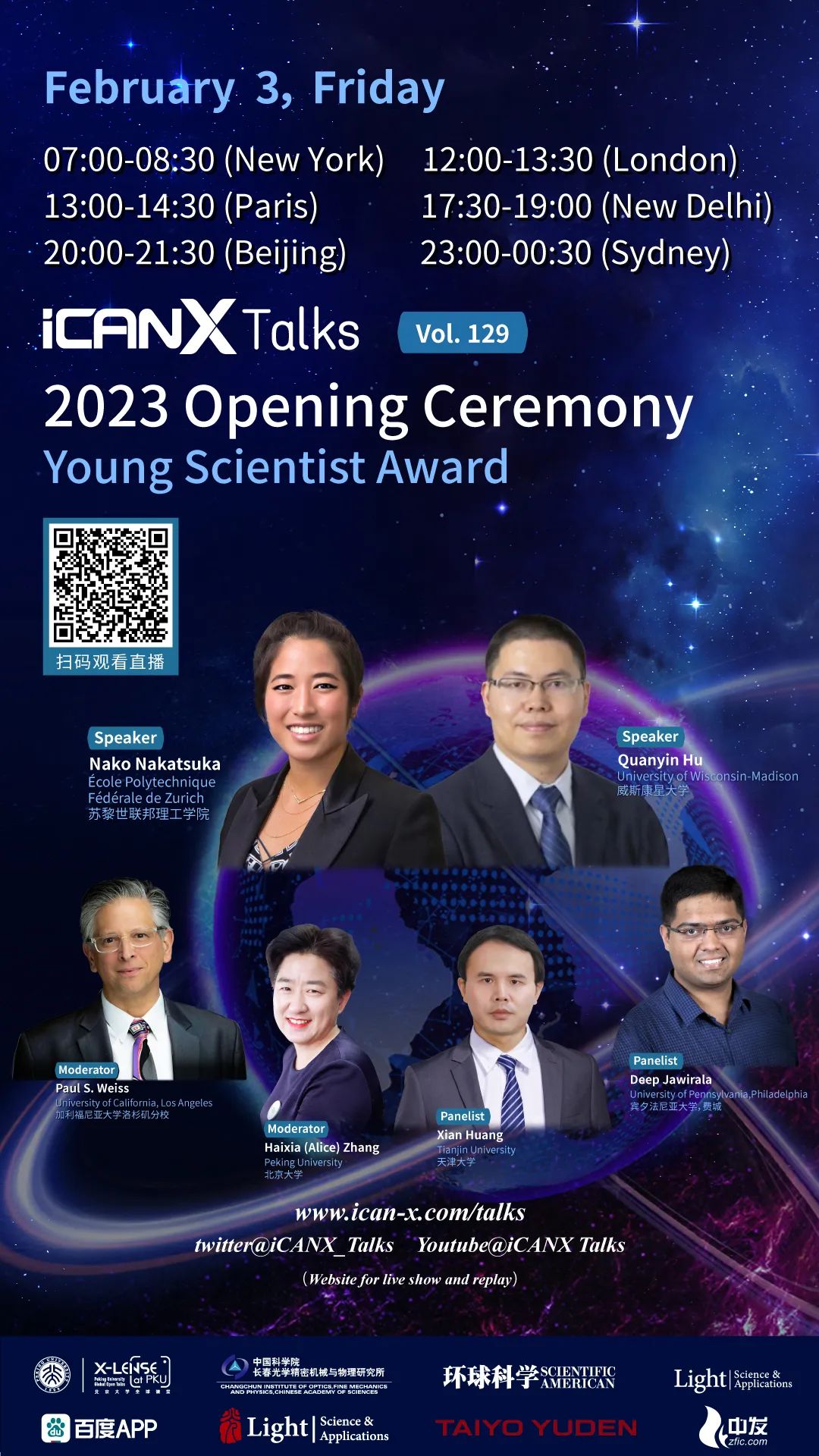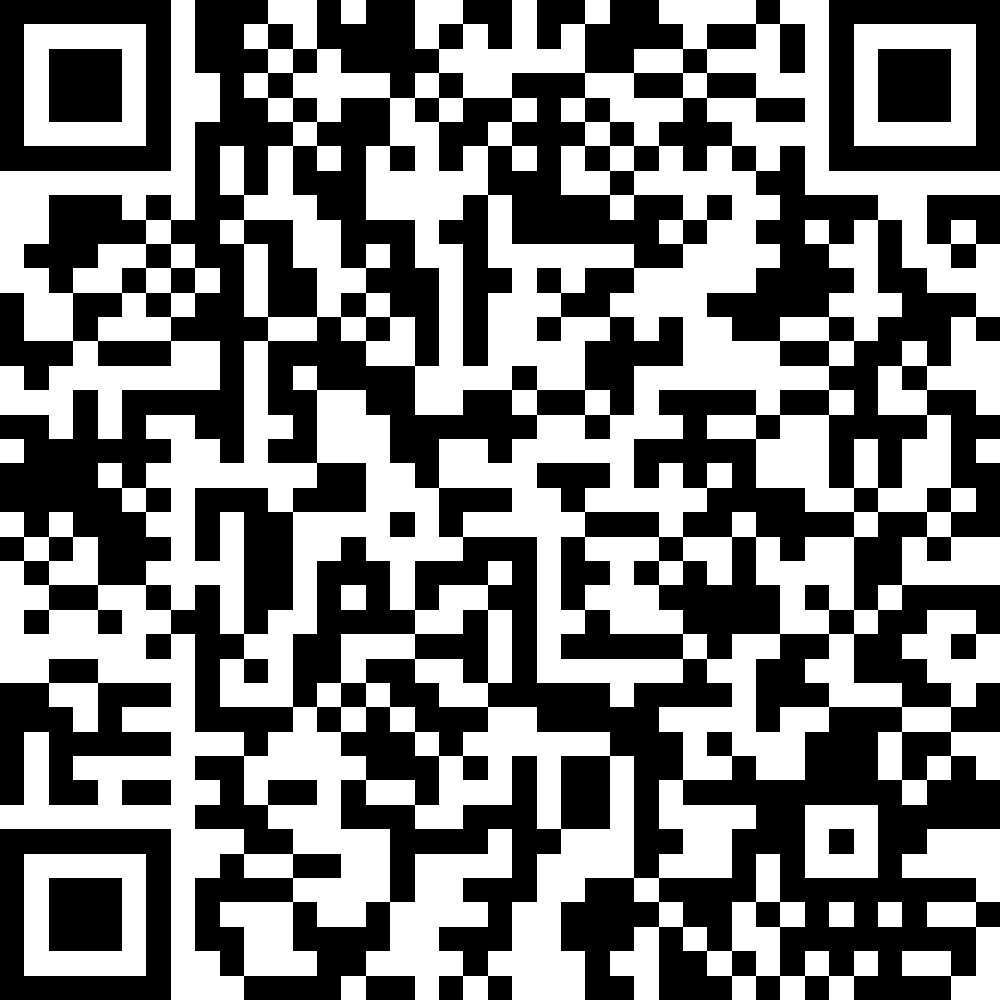Speaker: Nako Nakatsuka, ETH Zürich
Time: 20:00-21:30 pm, February 3, 2023, GMT+8
Venue:
Long press to identify the QR code and jump to the webpage!
Abstract:
Advancing our understanding of brain (dys)function necessitates novel nanotools that can monitor chemical signaling at spatial resolutions that approach nanoscale synapses. While advanced methods to record electrical signaling from neurons are prevalent, tools to monitor chemical signaling have been limited. We have tackled this challenge by coupling the inherent selectivity of DNA-based recognition elements termed aptamers, with nanoscale pipettes with openings of ~10 nm. Aptamers are systematically designed oligonucleotide receptors that exhibit highly specific and selective recognition of targets. Aptamers that recognize small-molecule neurotransmitters, including serotonin and dopamine, have recently been isolated. Upon reversible target binding, aptamers undergo a rearrangement of the negatively charged backbone, and these dynamic structural changes can be transduced as measurable changes in current through the nanoscale orifice of the sensors. Nanoscale confinement of the sensor surface results in single molecule sensitivity while simultaneously reducing biofouling for long-term recordings in complex environments, overcoming a critical bottleneck for clinical biosensors. We have demonstrated the capacity to detect physiologically relevant differences in neurotransmitter amounts released by live neurons in complex media and in brain slices with unprecedented sensitivity. The capacity to sense in undiluted biofluids directly, is opening new doors to helping patients with neurodegenerative disorders such as Parkinson’s disease.
Biography:
Dr. Nakatsuka is a senior scientist at the Laboratory of Biosensors and Bioelectronics at the ETH Zürich. She was raised in Tokyo, Japan and moved to the U.S.A. for her Bachelor's in Chemistry at Fordham University (Bronx, NY) and pursued her Ph.D. at UCLA (Los Angeles, CA). Upon receiving the prestigious ETH Zürich postdoctoral fellowship, she moved to Switzerland and now leads a team focused on interfacing DNA-based receptors (aptamers) with nanoscale electronic biosensors to detect diverse small molecules such as neurotransmitters. For this work, she was named an MIT Under 35 Pioneer in 2021. She has mentored almost 40 Bachelor’s, Master’s, and Ph.D. students at the ETH Zürich in diverse projects ranging from small-molecule biosensing to single-molecule peptide sequencing, and navigation of neuronal networks using advanced surface chemistries.
Dr. Nakatsuka is also passionate about social justice, outreach, and education. She was awarded the Norma Stoddart Prize for Academic Excellence and Outstanding Citizenship in 2018 for her contributions in community outreach combined with her scientific achievements. She also received the Hanson-Dow Excellence in Teaching Award for her exceptional teaching and dedication to students in 2015. She is currently an active member of the Diversity Team at ETH and has contributed to initiatives that raise awareness and spark discussion about anti-discrimination within Switzerland. She has also illustrated a children’s chemistry book: “A is for Atom: ABCs for Aspiring Chemists”.
Source: iCANX

